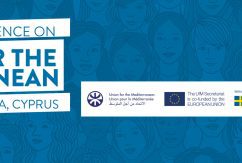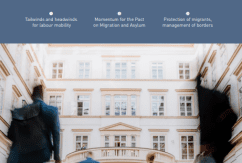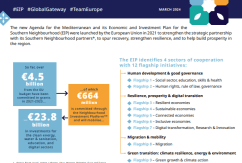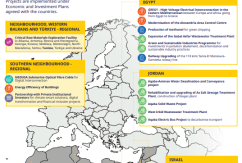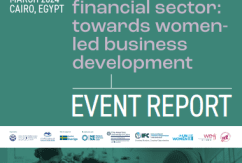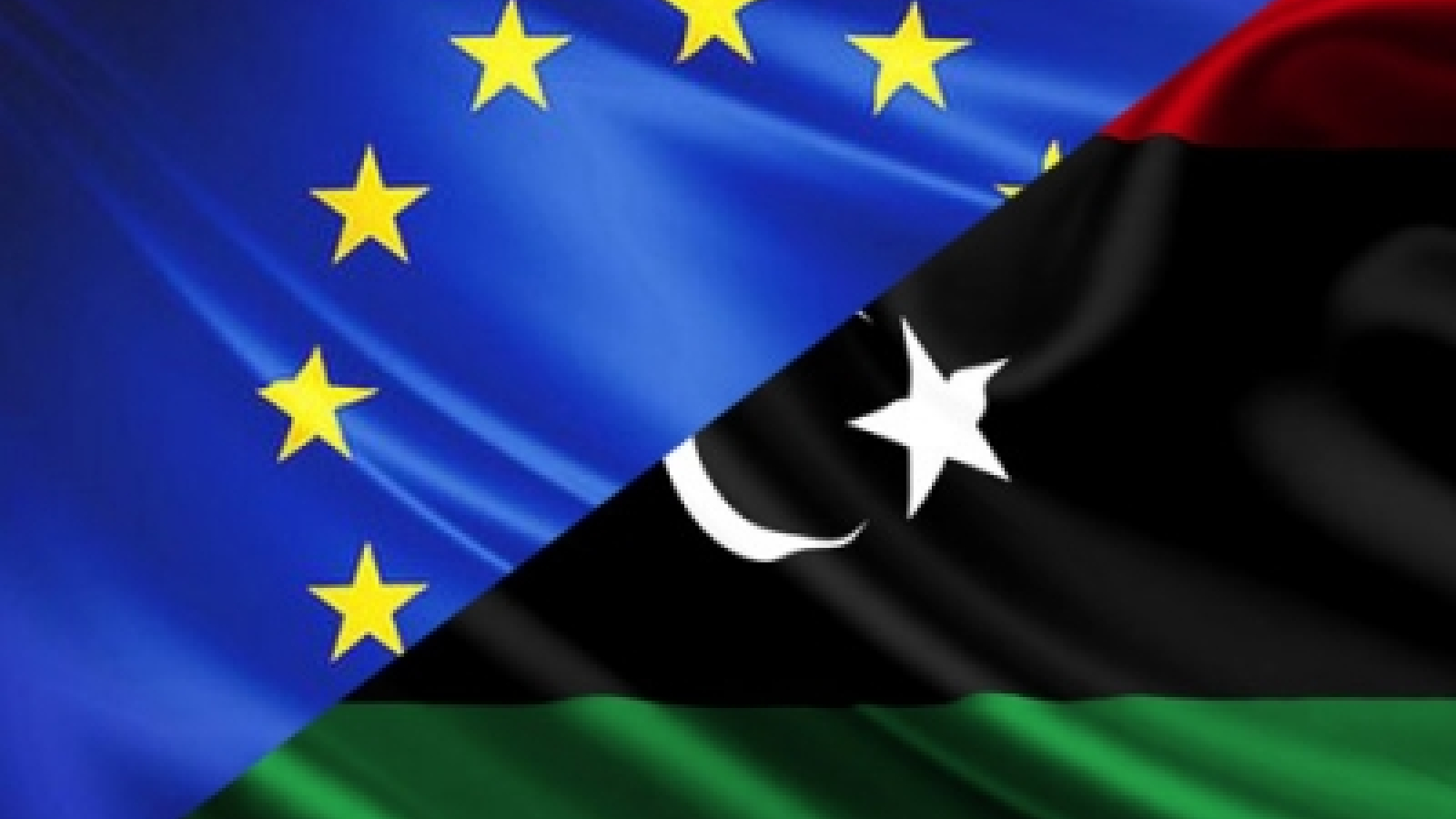Libya: EU welcomes new UN envoy, extends border mission and introduces further measures to battle people traffickers
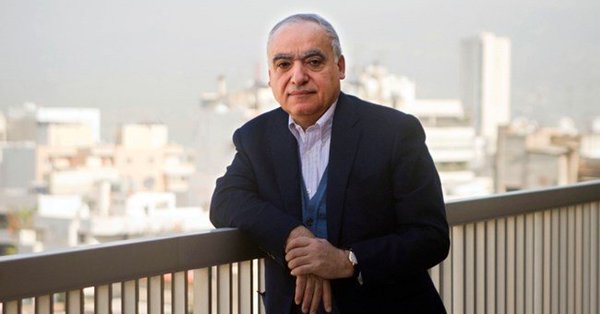

EU foreign ministers meeting in Brussels on 17 July have warmly welcomed the appointment of Ghassan Salamé as new the UN Special Representative, who will play a central mediation role based on the Libyan Political Agreement.
Conclusions agreed at the Foreign Affairs Council recognised that recent violence was threatening Libya’s stability. “The EU believes there is no solution to the Libyan crisis through the use of force,” the Conclusions said, reiterating the EU’s firm support to the Libyan Political Agreement and to the Presidency Council and Government of National Accord led by Prime Minister Fayez Sarraj established under it as the sole legitimate government authorities in the country.
The statement called on all armed groups to refrain from violence, to commit to demobilisation and to recognise the authorities entrusted by the Libyan Political Agreement as the only ones having the right to control Libya’s defence and security forces.
The Council also agreed to extend the CSDP mission EUBAM Libya until 31 December 2018. EUBAM Libya currently assists and engages with the Libyan authorities on border management, law enforcement and criminal justice with a particular emphasis on the South of Libya. The mission will also work on planning for a possible civilian capacity-building and crisis assistance mission.
In an effort to further disrupt the business model of people smugglers and human traffickers, the Council also introduced restrictions on the export and supply to Libya of inflatable boats (dinghies) and outboard motors.
EU Member States will now have a legal basis to prevent the export or supply of these goods to Libya where there are reasonable grounds to believe that they will be used by people smugglers and human traffickers. The restrictions will also apply to dinghies and motors, which are transiting through the EU en route to Libya.
The restrictions will not prevent the export or sales of these goods when they are meant for legitimate uses by the civilian population, for instance for fishermen, who may need motors for their boats.
Read more
Full text of the Council conclusions on Libya
EU-Libya relations (Factsheet)
Finding solutions to migratory pressures (background information)



